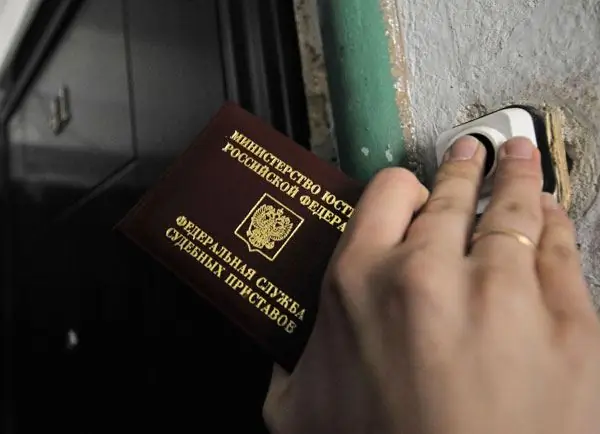- Author Isaiah Gimson gimson@periodicalfinance.com.
- Public 2023-12-17 02:53.
- Last modified 2025-01-24 12:06.
The crisis forces people to borrow money. This is understandable - someone was fired, someone was let down by partners, and his company is on the verge of closure.
And now a relative, a good acquaintance or a person, on the recommendation of your friends, turns to you with a request to lend money for the development of the company, to pay off the debt, to pay for the education of children - the reasons may be different. You have met the person halfway, but the agreed time is coming, and you understand that the debtor does not want to return the money to you.

It is necessary
- Let's analyze the option that is most favorable in this situation - you decided to play it safe and signed a loan agreement, or at least took a receipt from the debtor.
- In this case, in order to get your finances back, you will need time, fortitude, legal advice and several documents.
Instructions
Step 1
So, you are owed and not given. You have on hand a loan agreement, or IOU. Your actions - go to court.
Step 2
The first thing you need to do is write a debt collection claim. Such a statement is written in two copies. The application must describe in detail and clearly the circumstances under which the borrower borrowed money from you. In the application, you can refer to the rules of law, as well as provide your own evidence of this fact.
Step 3
Pay the state fee. Why do you need to do this - in order for your application to be accepted for record keeping and considered by the court. Clarification: the state fee is a federal fee, it is in no way a payment for court services.
Step 4
Then, collect several documents: your statement of claim, a receipt for payment of state duty, an IOU and a copy of it, and take this package of documents to the district court - in the area where your debtor lives.
Step 5
After the court considers your case, makes its decision and it comes into force, it can be implemented through the Bailiff Service.






